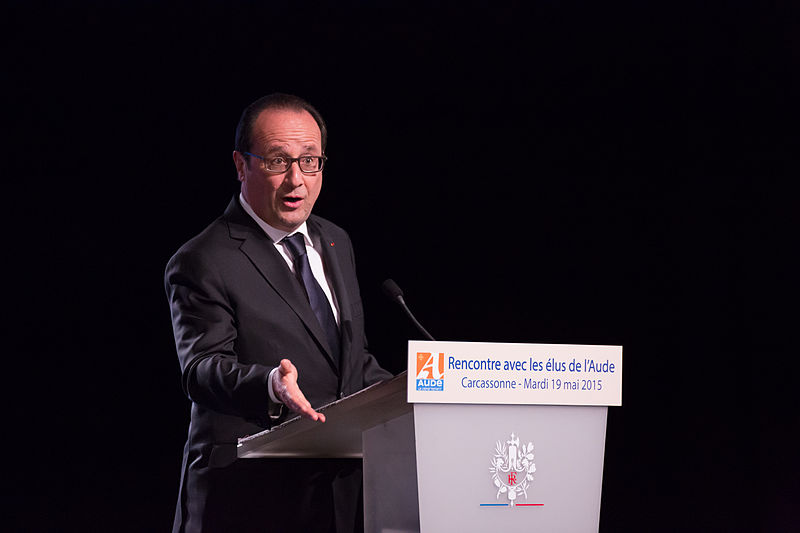Following the Greek tragedy, there is a search for ways to prevent crises of similar magnitude from happening. Different state representatives are coming up with different solutions on how best handle such situations. Two of them are the French President Françoise Hollande and the Dutch Minister of Finance and the President of the Eurogroup Jeroen Dijsselbloem.
Both of the abovementioned highly influential individuals consider further integration of the Eurozone an important step towards better prevention of further crises. And more precisely, this would mean creating a common budget and a parliament which would enact democratic control.
Democracy, which is being mentioned by proponents of these measures, has a couple of internal inconsistencies. It is not an omniscient tool, but it is a good excuse for political wilfulness. And it is being used exactly in that way – as an excuse for a common budget and a common parliament. It is very hard to imagine a positive impact these measures would have on the Eurozone member states. While it is true that power would be delegated to a smaller group of people, which would give them authority over a larger portion of the population, it is far from certain that this smaller group would be able to satisfy the needs of individual states. Nowadays, the parliament is mostly focused on tax and regulatory harmonization and various lobbying groups trying to push their agendas. Another inevitable question is who would be elected into the omnipotent parliament and how much power would they have? It would be interesting to see if a German citizen happily accepts fiscal policy orders from a Greek politician.
For these reasons, further integration seems unwanted. It would not solve anything, but rather complicate matters even more. Political power should be delegated to local levels as much as possible. This would mean a decrease in government power and much higher ability to understand and respond to local problems. Competition between local governments would emerge (for example in terms of tax policy), what would disappear completely in a more integrated system. This is yet another issue as it is unlikely that a common parliament would pass measures to promote competitiveness of any state in particular. This also raises the question of how much weight would a vote of one member of parliament carry.
These proposals by two European representatives can be considered no more than a couple of stabs in the dark. They carry with them a large number of problems which would be very difficult to solve in the short run and virtually impossible to maintain in the long run. The eurozone needs more voices advocating for the benefits of competition. More competition would definitely bring about more benefits and less problems than more integration.
An article by Martin Lindák
Translation by Jakub Jablonický



